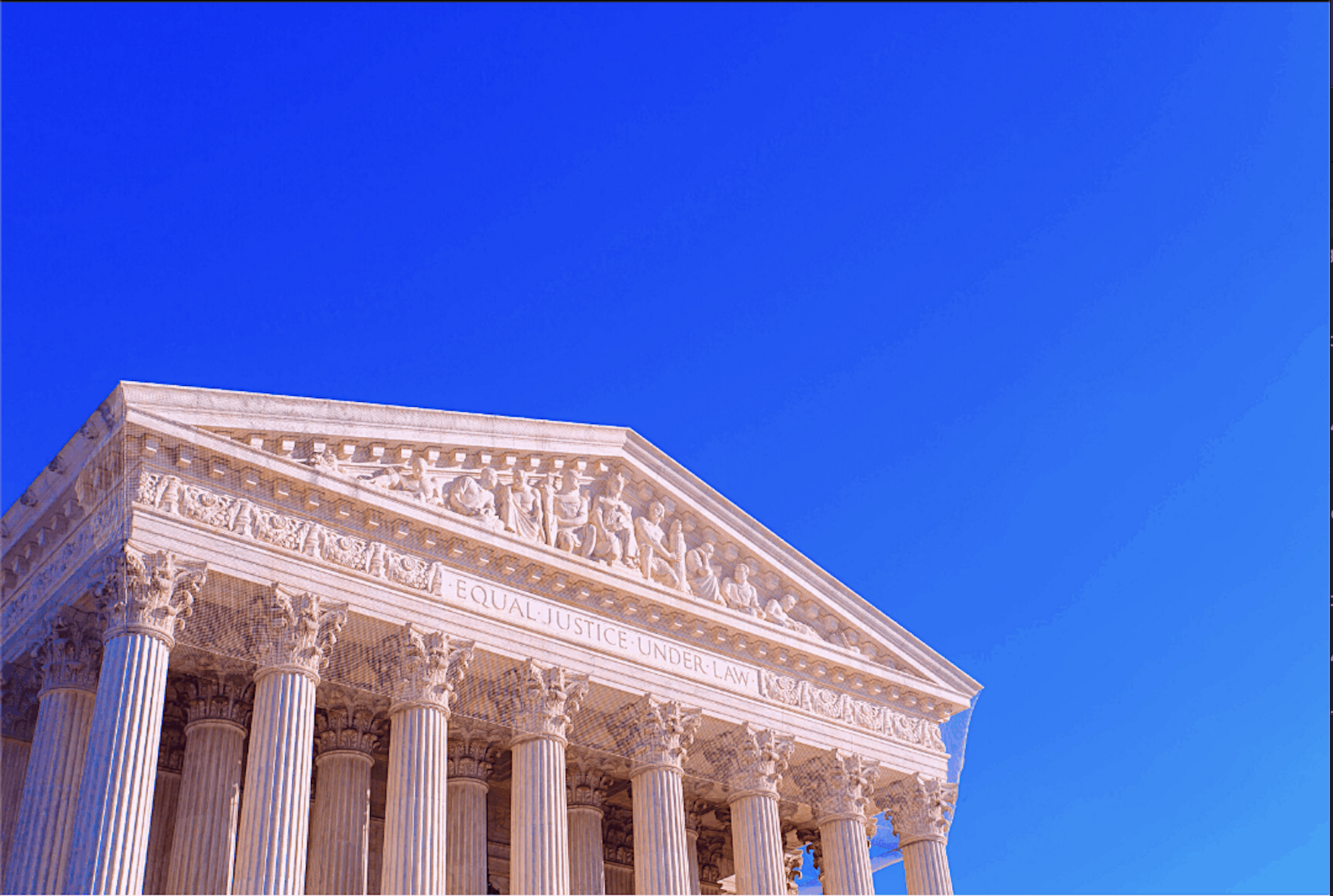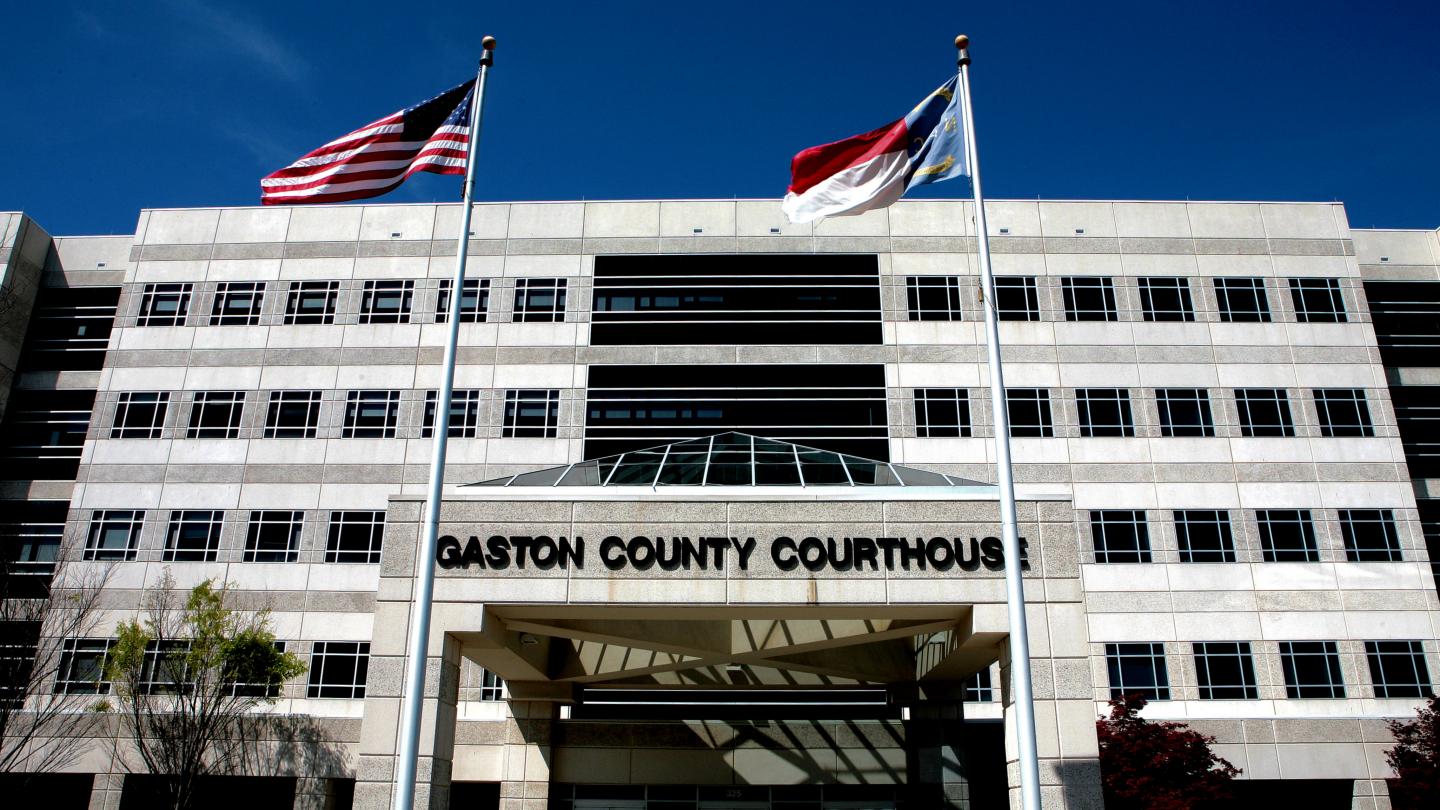SCSJ represents individual voters and civic engagement groups in litigation to protect the right to cast a ballot and to ensure that every eligible vote counts equally. We challenge voter suppression measures and unfair redistricting maps. We believe in zealous advocacy in the redistricting process to ensure the fair and full participation of all voters. We represent nonpartisan groups and people of color in local and statewide redistricting litigation across the South, including in Florida, Georgia, North Carolina, Tennessee, Texas, and Virginia, and we have represented clients before the United States Supreme Court.
SCSJ represents individuals and community-based organizations in cases throughout the South that raise important criminal legal system issues, and create the potential for structural change that will benefit entire communities and have positive implications for racial justice, particularly if there is community-wide organizing support.
Our leadership shapes the legal doctrines defining racial gerrymandering, partisan gerrymandering, and Section 2 of the Voting Rights Act, with the ultimate goal of ensuring fair and equal election systems in the South.
Our Cases
Bouvier v. Porter
This is a North Carolina state court defamation case on behalf of four registered voters who were wrongfully accused of committing fraud in the 2016 elections by voting in multiple states or being ineligible to vote because of felony convictions. SCSJ filed this ongoing claim to stand up for every eligible voter’s right to cast a ballot without…
Read More Bouvier v. Porter
Move the Monument Coalition Edenton-Chowan
Case Summary: SCSJ and Emancipate NC are representing Move the Monument Coalition Edenton-Chowan in their fight to remove a Confederate soldier statute from the town’s historic waterfront. The Coalition took root on June 19, 2021 – Juneteenth, which commemorates the final enforcement of the Emancipation Proclamation in 1865, nearly two and a half years after…
Read More Move the Monument Coalition Edenton-Chowan
State v. Duke
Case Summary: SCSJ represents Jeffrey Duke, who was sentenced to death in 2003 in Gaston County. Mr. Duke is challenging his conviction and death sentence. Status: In 2023, Gaston County Superior Court Judge Jesse B. Caldwell III ordered an evidentiary hearing on three of Mr. Duke’s legal claims: ineffective assistance of his trial counsel during…
Read More State v. Duke
